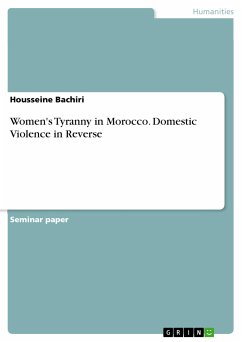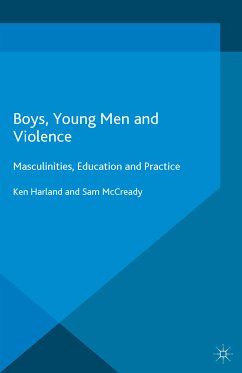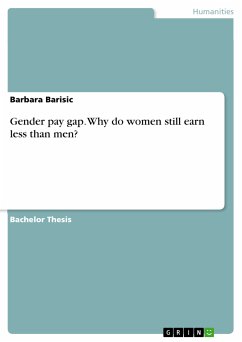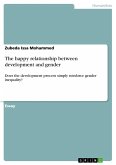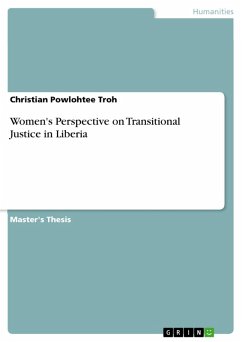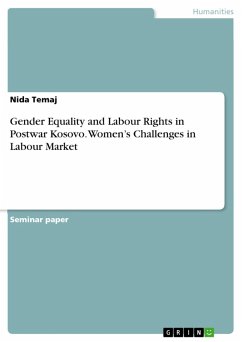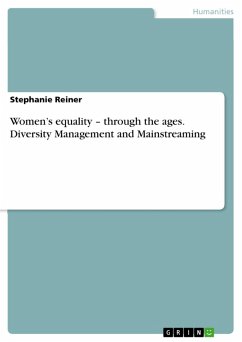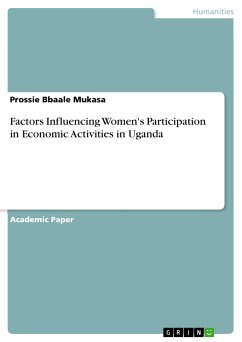Seminar paper from the year 2014 in the subject Gender Studies, Mohammed V University at Agdal (Department of English), course: Gender Studies, language: English, abstract: This paper examines the other side of gender violence. Domestic violence is not always about men being victimizers and women being victims. In this study, I tried to investigate the opposite of this assumption. It is generally assumed that, in our Moroccan culture, women, the fairer sex, are the victims of abuse and ill-treatment on the part of their male partners, the rough sex. In this research paper, we aim to examine the reverse of this assumption. Specifically, we aim to provide an answer to the question of whether Moroccan women abuse their male partners, and if the answer is in the affirmative, we intend to answer another, related, double question, namely how and why do Moroccan women abuse their male partners? It would be noted that, in the present work, we use the expression "women's tyranny" to refer to women's ill-treatment of men by using harshness, cruelty, and violence, and their prioritization of their own selfish interests over those of men. It also implies the violation of men's rights and the questioning of their manhood. "The term women's tyranny will be defined and discussed at length in chapter 1"
Dieser Download kann aus rechtlichen Gründen nur mit Rechnungsadresse in A, B, BG, CY, CZ, D, DK, EW, E, FIN, F, GR, HR, H, IRL, I, LT, L, LR, M, NL, PL, P, R, S, SLO, SK ausgeliefert werden.

